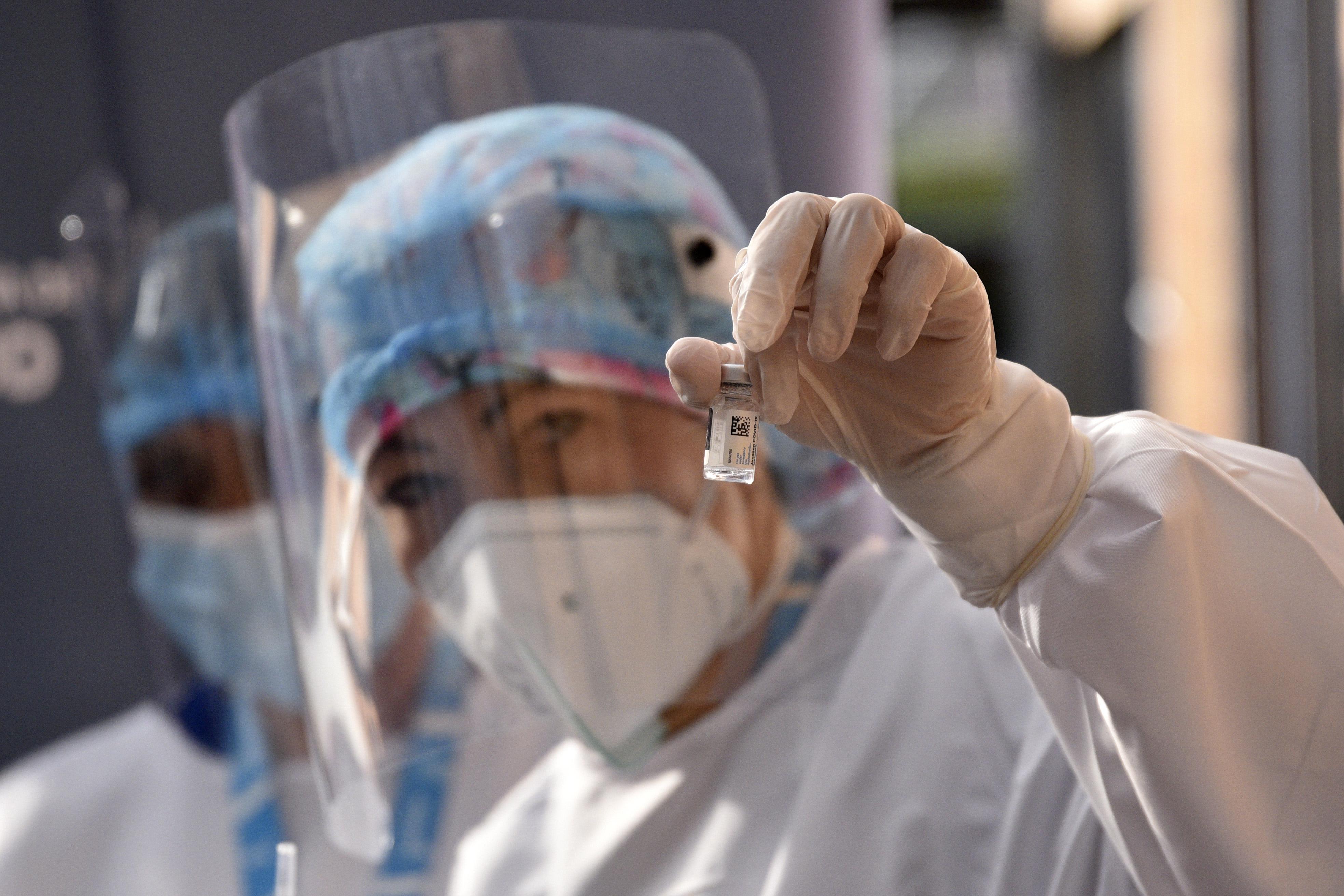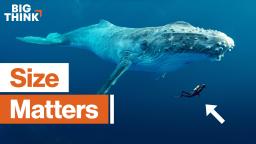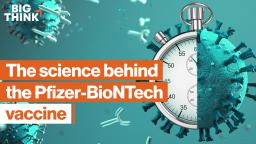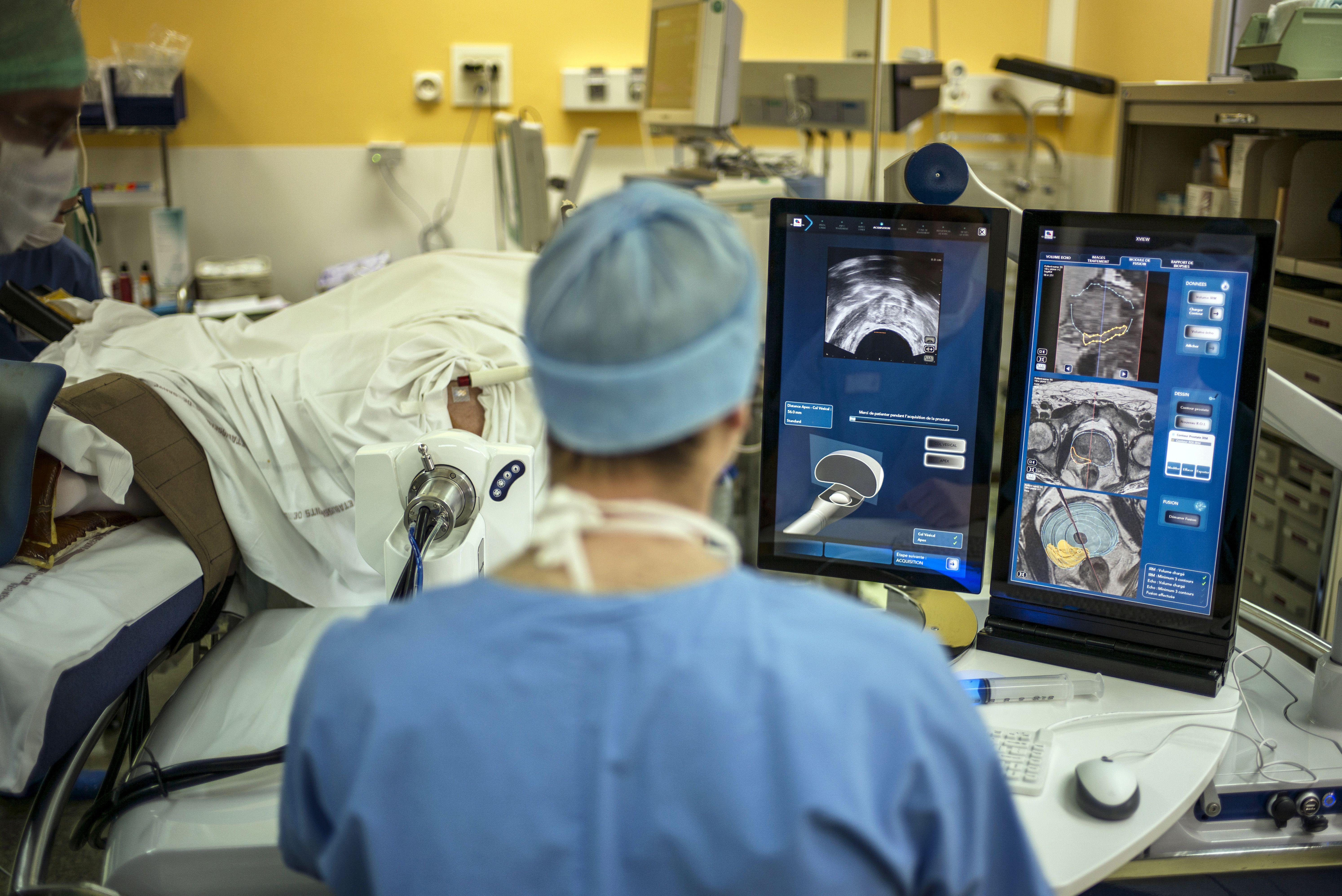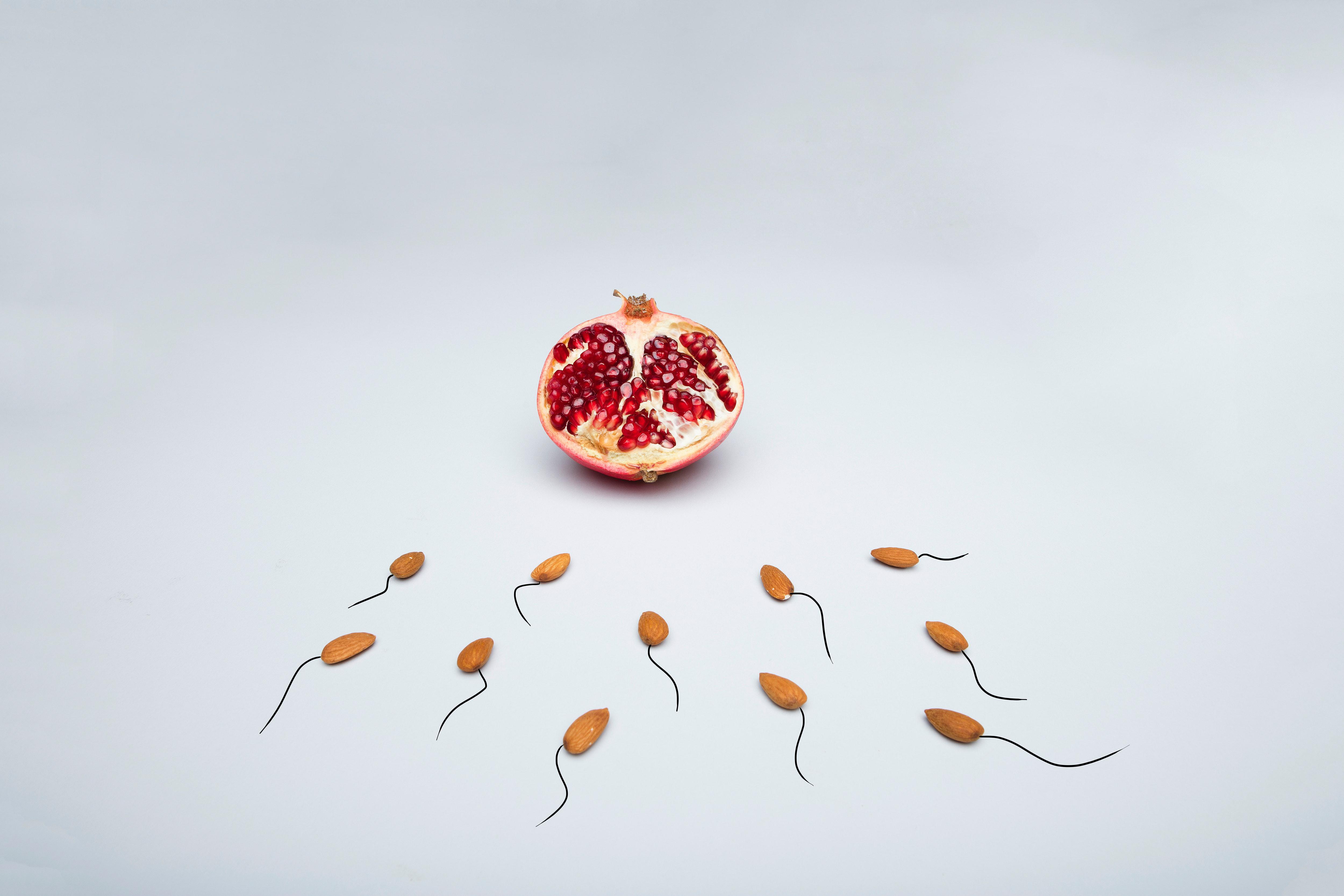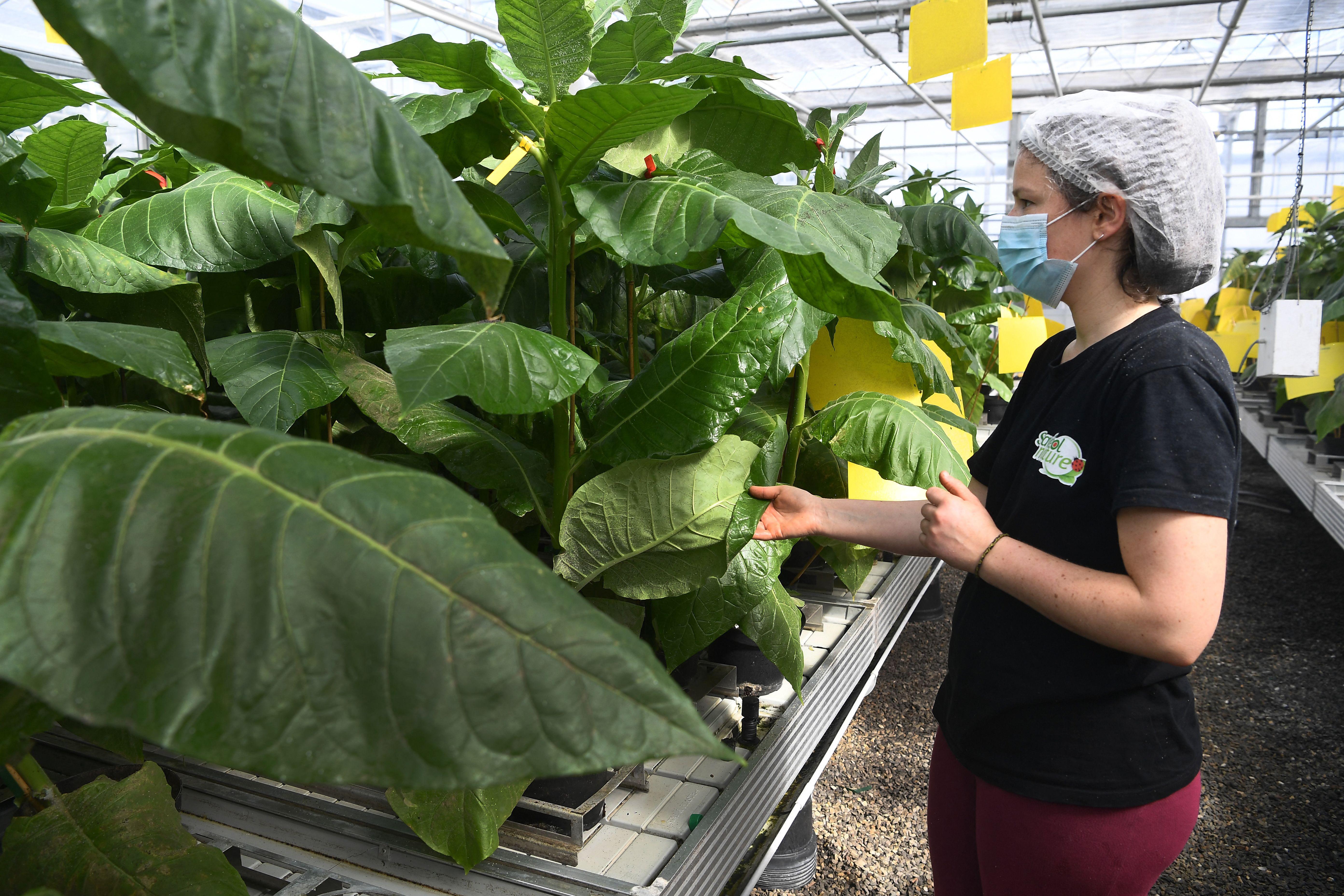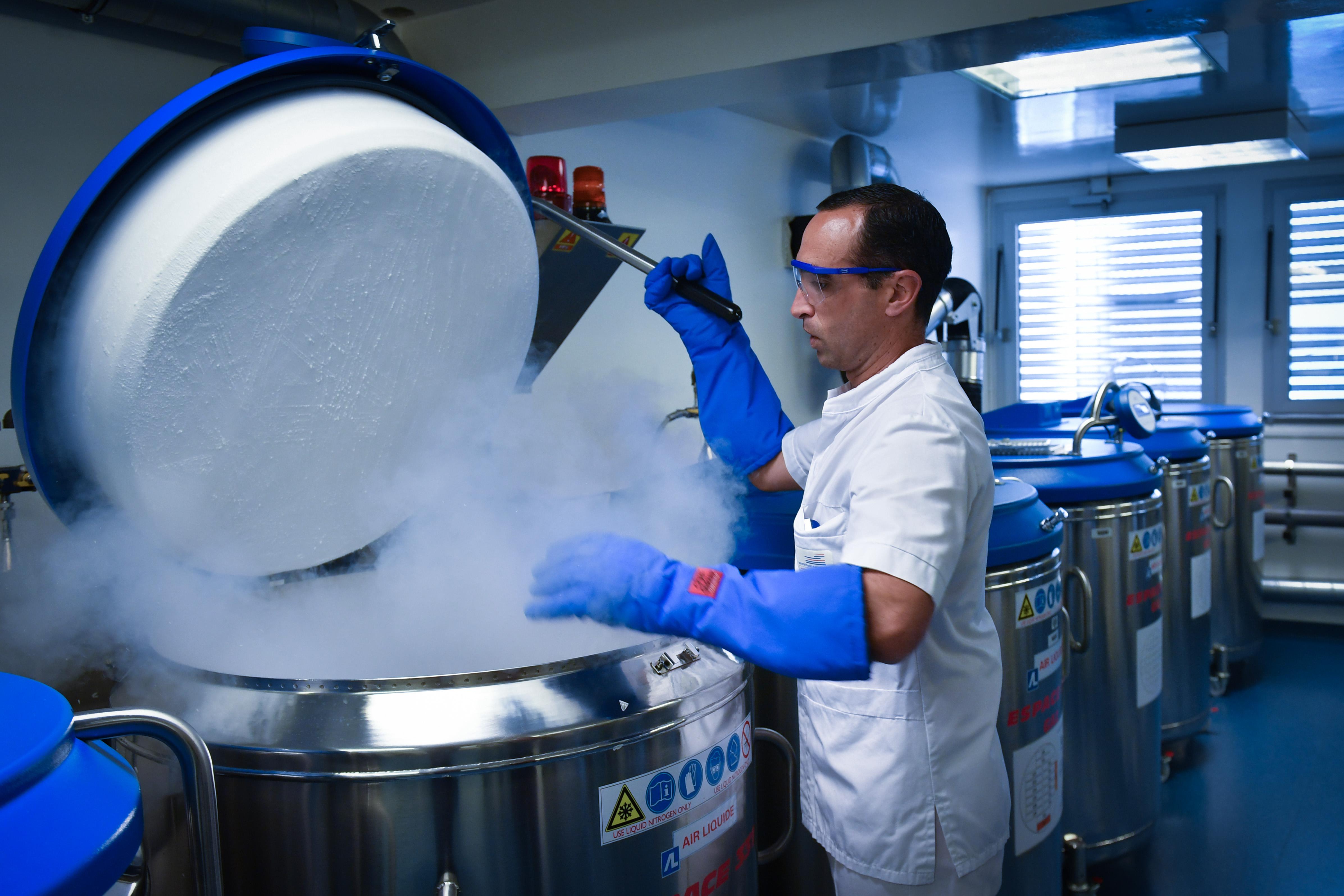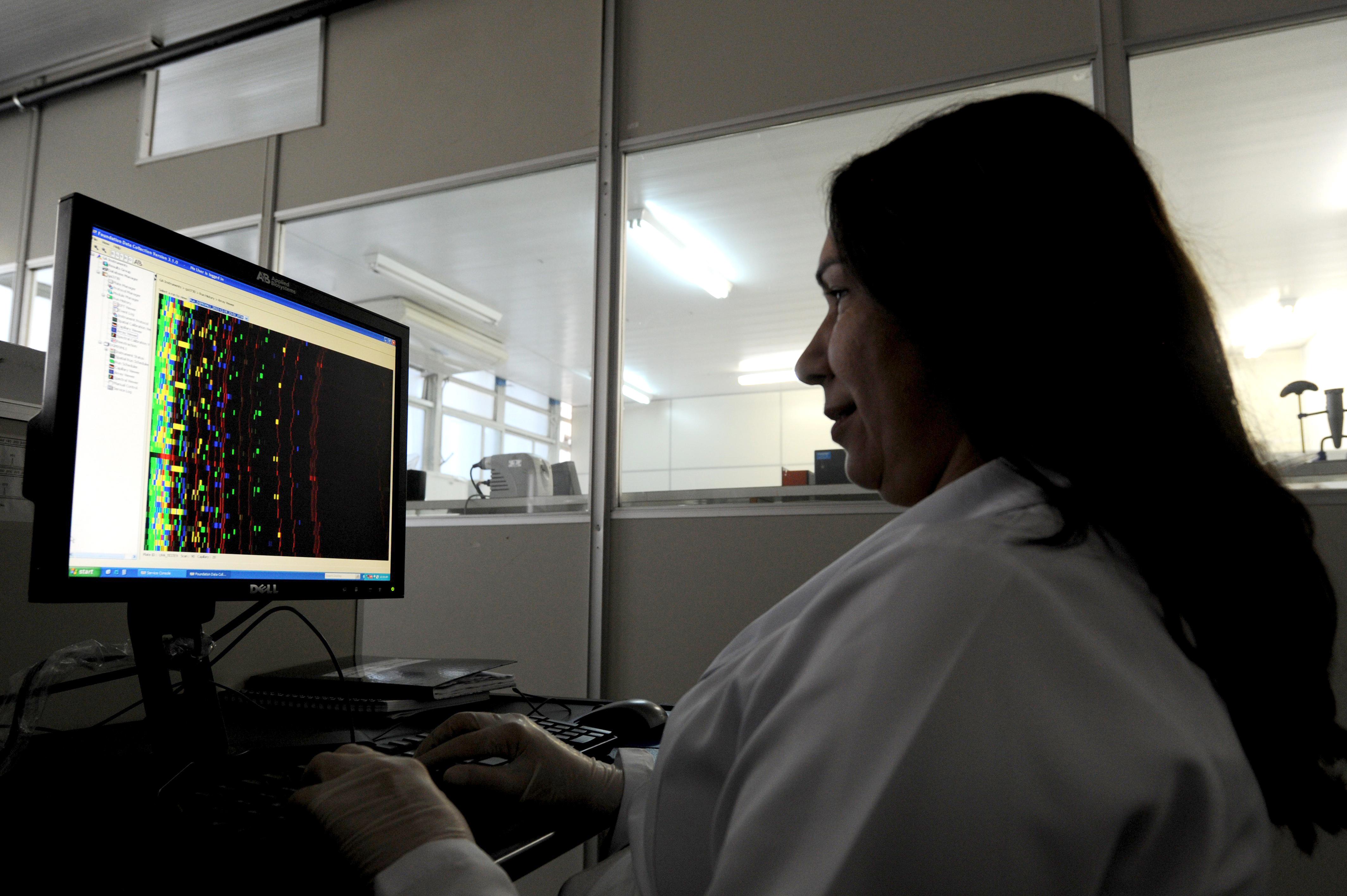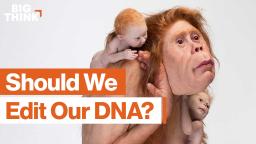Health
All Stories
It marks a breakthrough in using gene editing to treat diseases.
Gain-of-function mutation research may help predict the next pandemic — or, critics argue, cause one.
Biomedical science assumes that people want to live as long as possible. They don’t.
Age ain’t nothing but a number, but “inflammatory age” may be real.
Alzheimer’s has proved difficult to treat. But solving the mystery of this ultra-rare frontotemporal dementia may unlock new understanding.
Theoretical physicist Geoffrey West explains the science behind a unique hypothesis.
Humans could, in theory, one day use scaling laws to extend our lifespans.
▸
7 min
—
with
Antisense oligonucleotide therapy uses small molecules to alter RNA. Researchers have now used those molecules to alleviate a genetic form of blindness.
A team of biohackers is on a David-versus-Goliath mission to make insulin affordable to an increasing number of diabetics.
New research shines a light on the genetics of sudden cardiac deaths.
A new device cured the hiccups 92 percent of the time in a recent study involving more than 200 participants.
How were mRNA vaccines developed? Pfizer’s Dr Bill Gruber explains the science behind this record-breaking achievement and how it was developed without compromising safety.
▸
7 min
—
with
Dealing with rudeness can nudge you toward cognitive errors.
Israeli food-tech company DouxMatok (Hebrew for “double sweet”) has created a sugary product that uses 40 percent less actual sugar yet still tastes sweet.
She helped create CRISPR, a gene-editing technology that is changing the way we treat genetic diseases and even how we produce food.
As the American population grows, fewer people will die of cancer.
A new study suggests that reports of the impending infertility of the human male are greatly exaggerated.
An early feasibility study finds a potential new treatment for Alzheimer’s disease.
Vaccines can be grown in and extracted from the leaves of plants.
Engineered immune cells have prevented Type 1 diabetes in mice.
Many thousands of different genetic variants are responsible for complex behavior.
The tiny swimmers appear to transmit signals that “persuade” the female body to have a baby.
Can the main psychoactive ingredient of magic mushrooms help treat the world’s sixth most debilitating illness?
“The question is which are okay, which are not okay.”
▸
14 min
—
with
Want to live 100+ years? You may need unusually good DNA repair.
Noise causes stress. For our ancestors, it meant danger: thunder, animal roars, war cries, triggering a ‘fight or run’ reaction.
New machine-learning algorithms from Columbia University detect cognitive impairment in older drivers.

